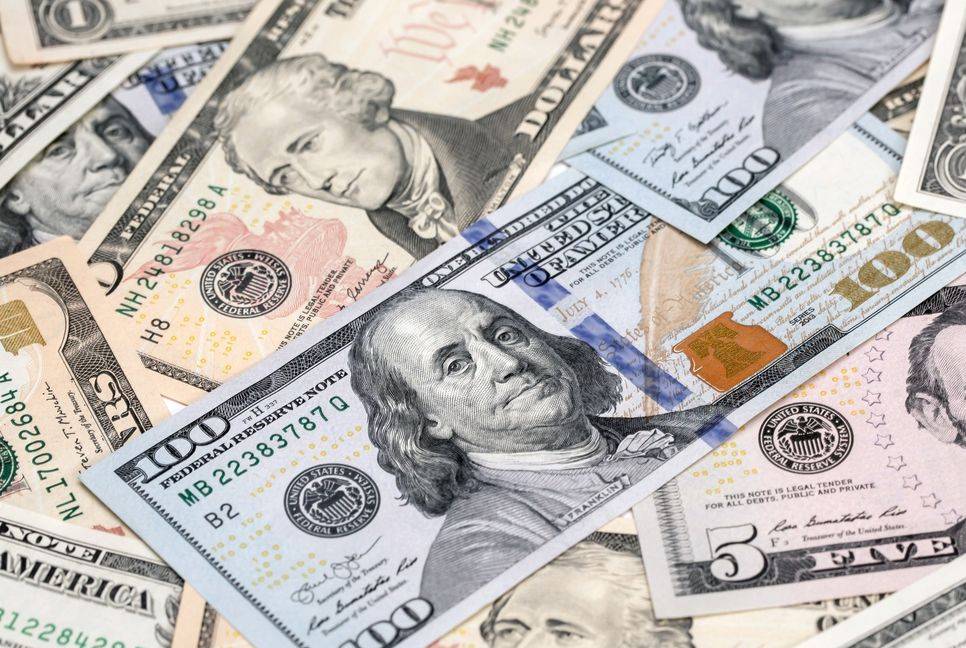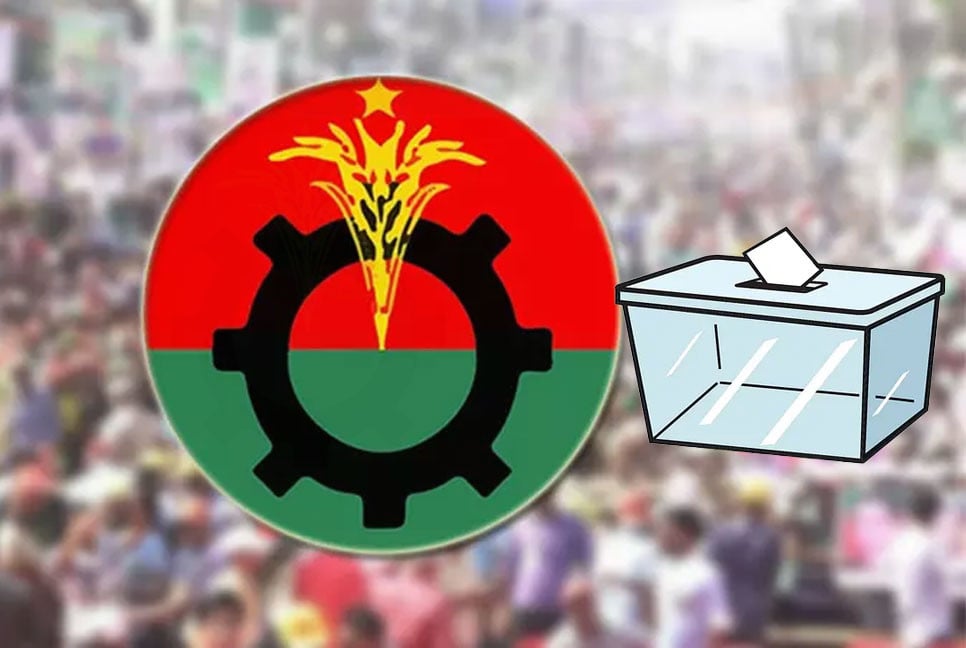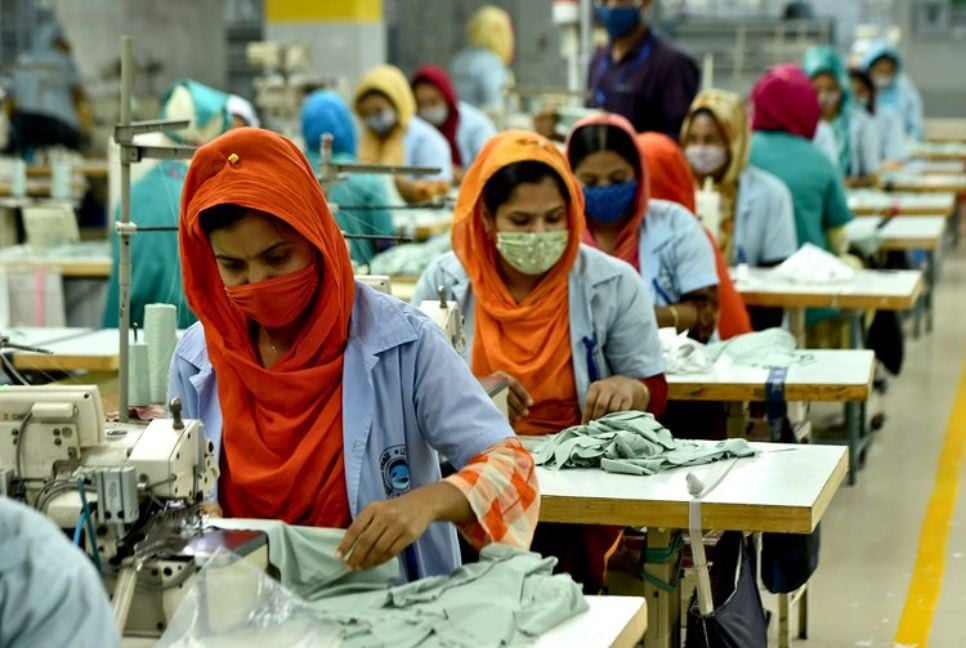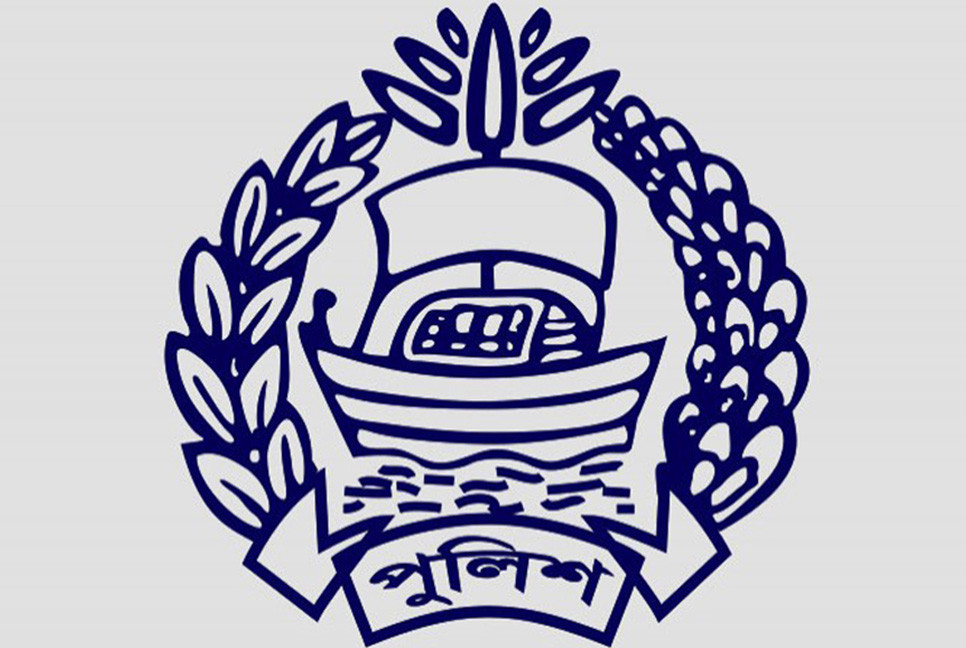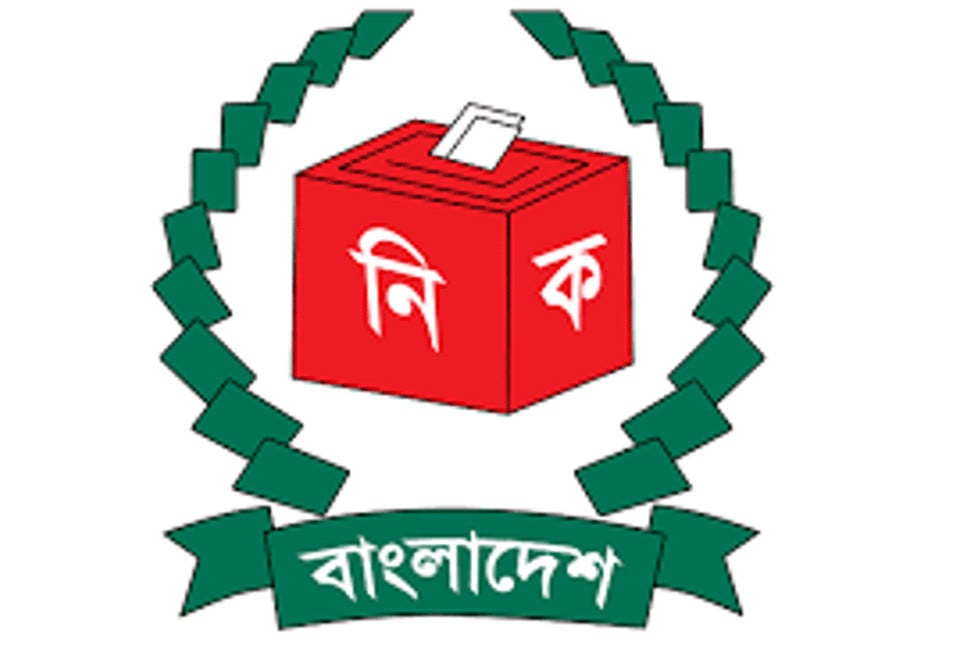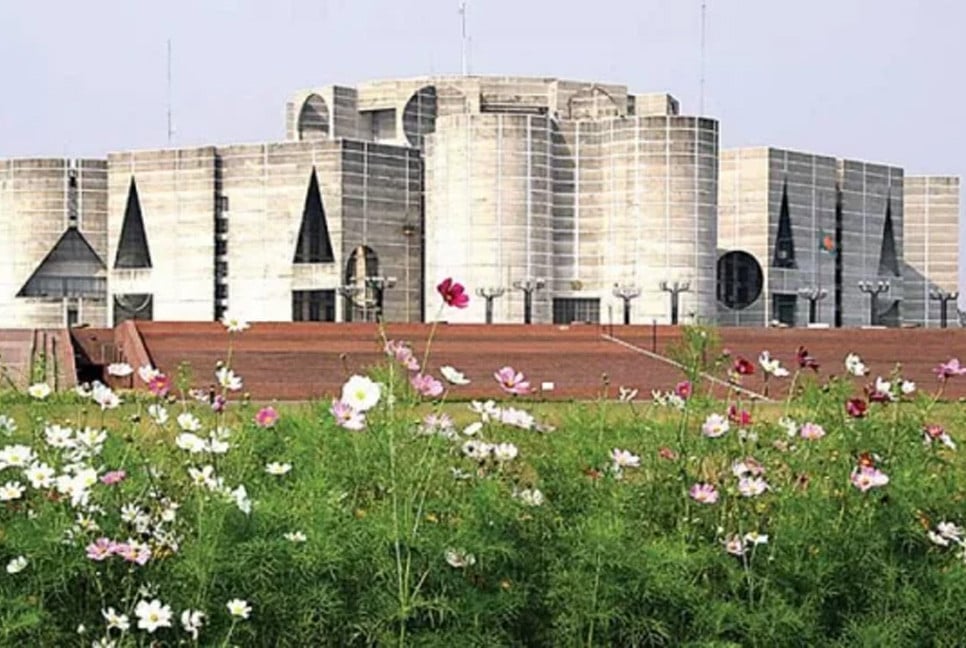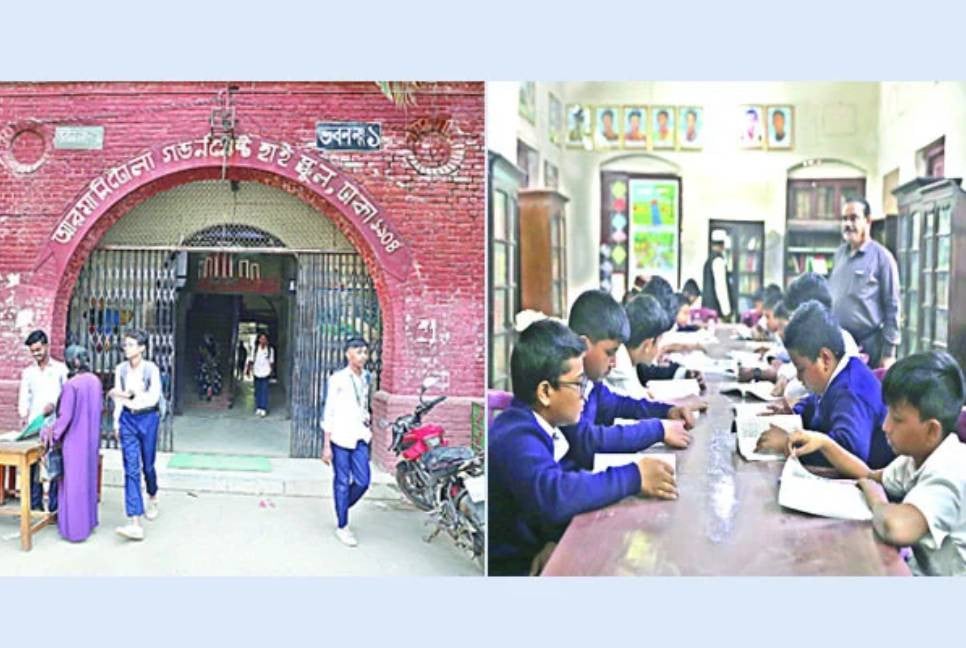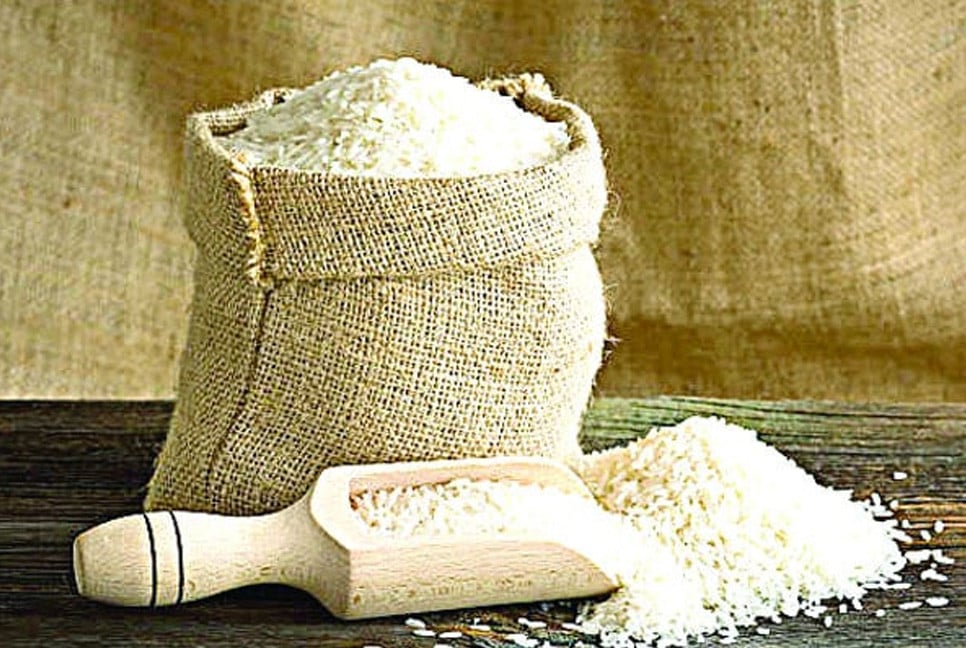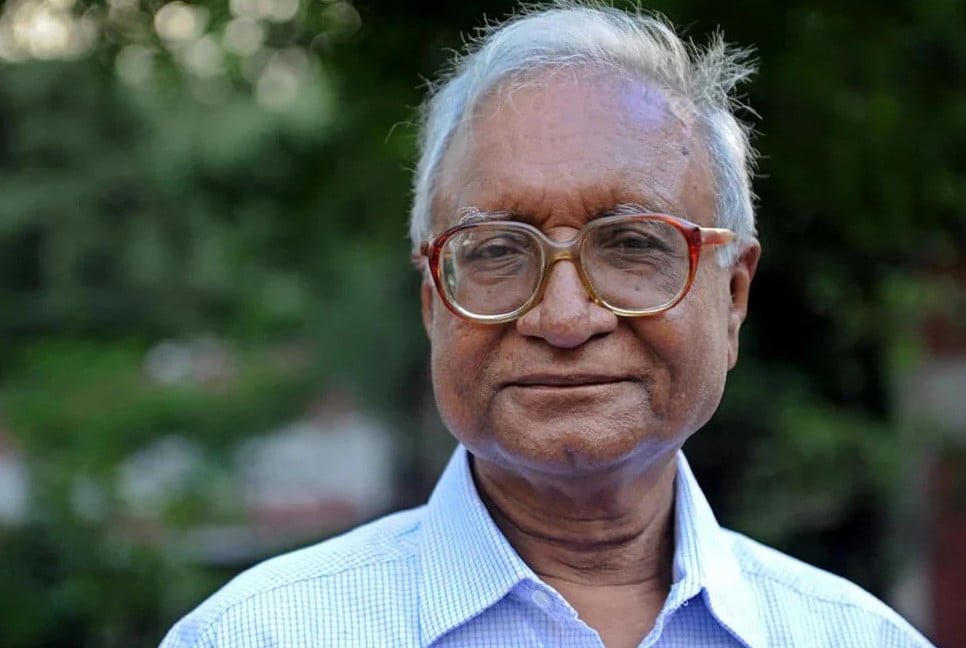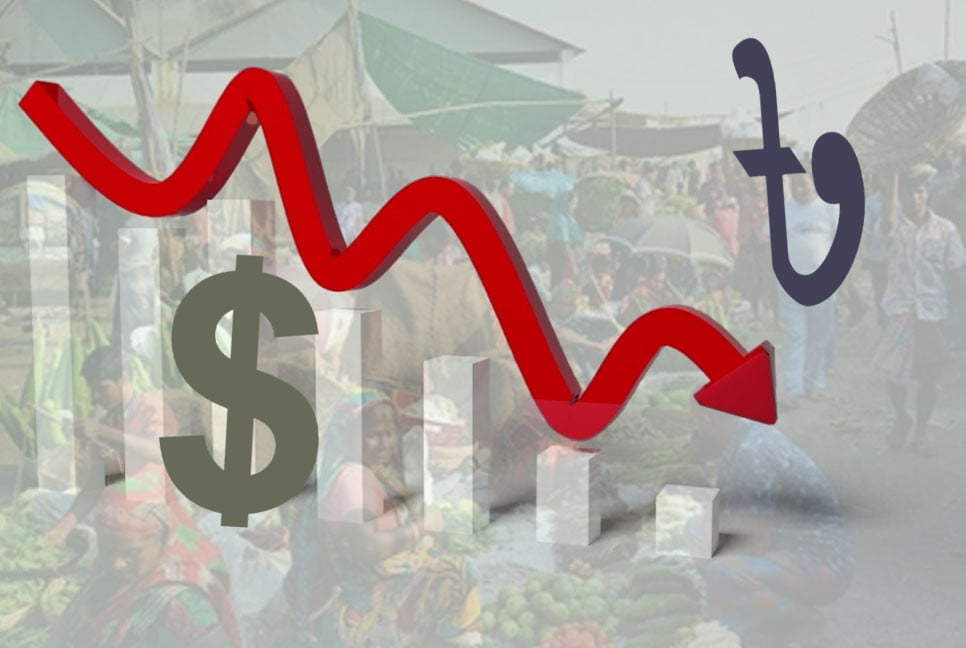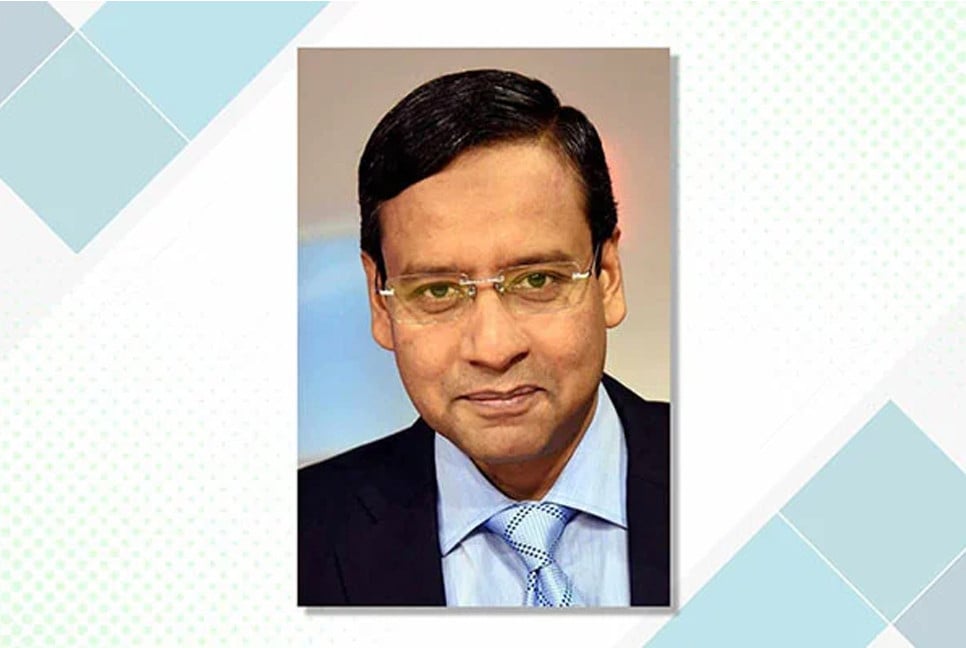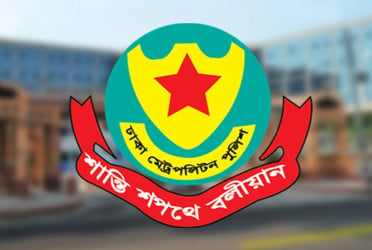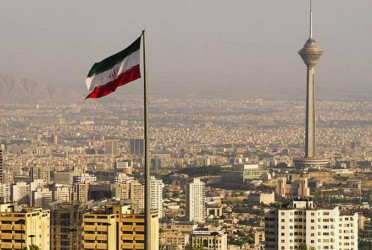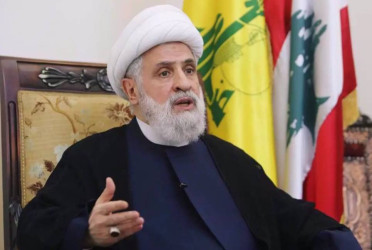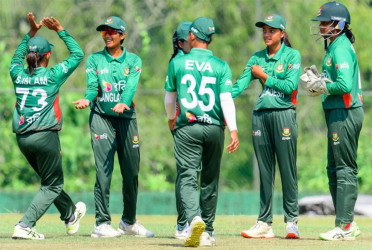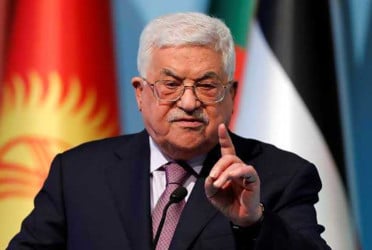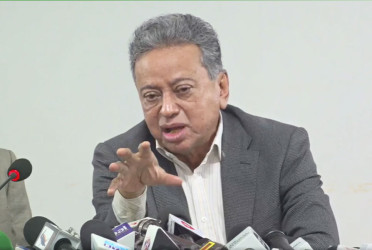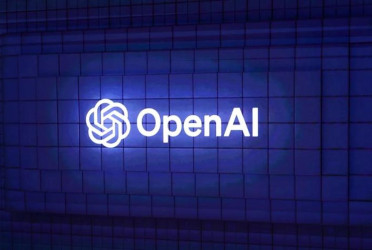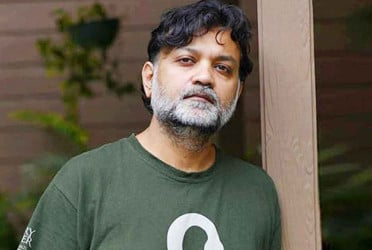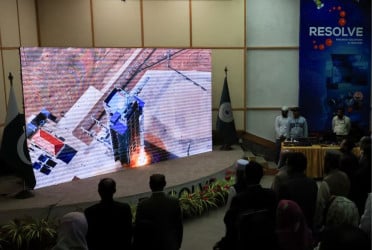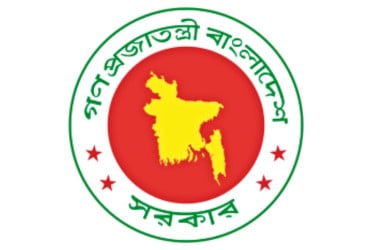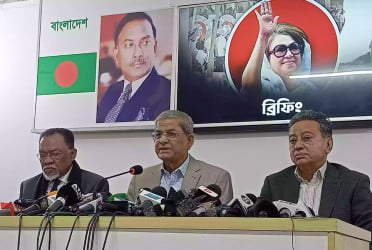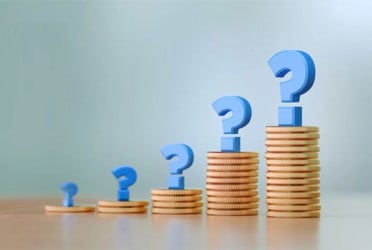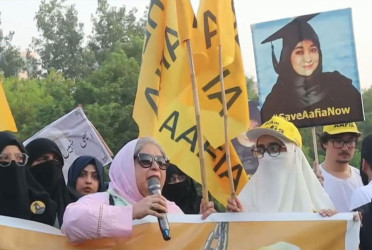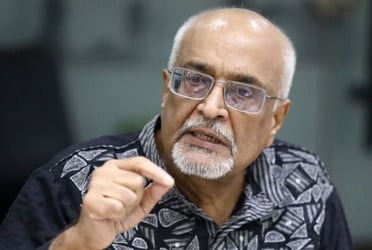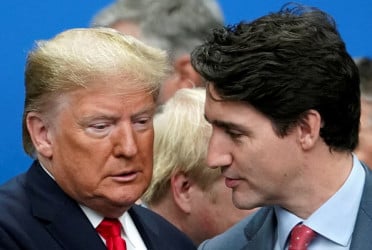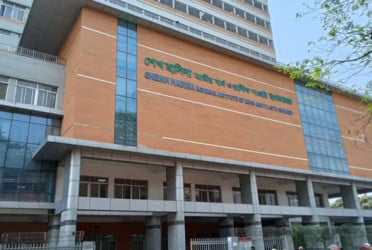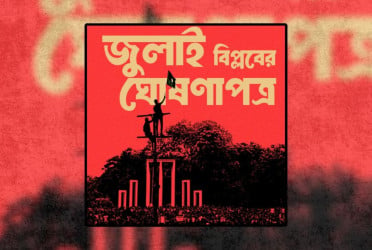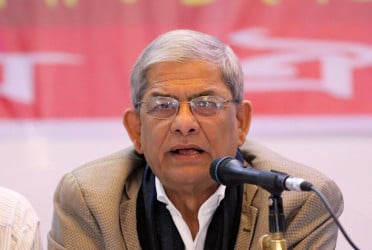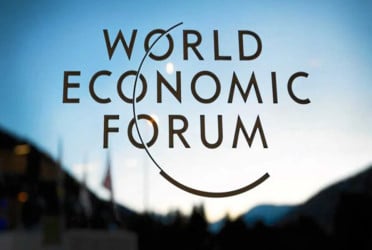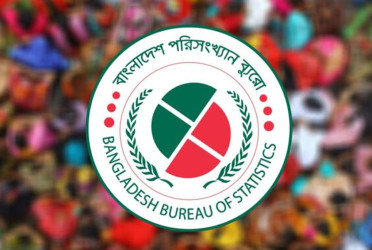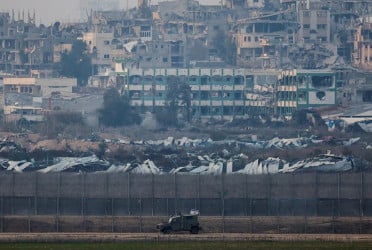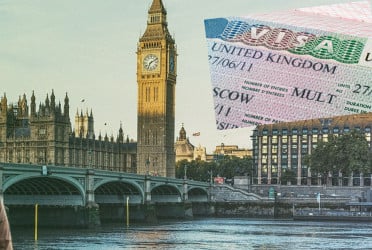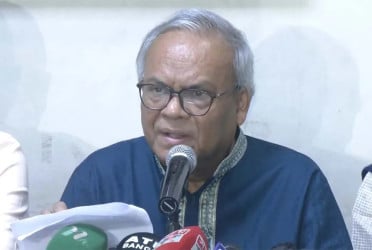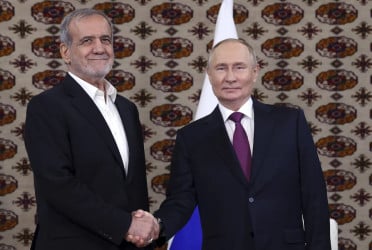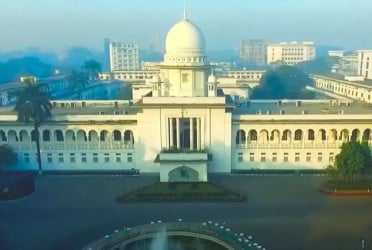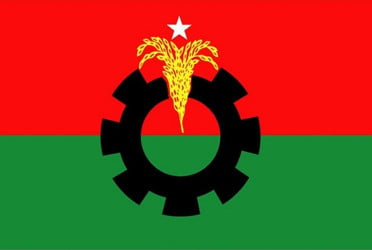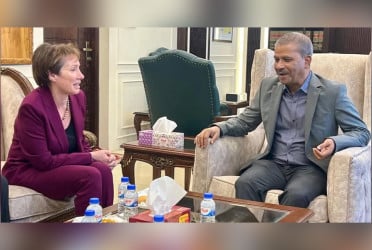Bangladesh has received the first instalment of $476 million from the International Monetary Fund (IMF) out of the $4.7 billion loan package. Bangladesh Bank Executive Director and Spokesman Mezbaul Haque confirmed the matter on Thursday.
Economists said although this amount of loan would not effect to avoid an ongoing dollar crisis, it would boost confidence in macroeconomics. They think this loan is a good programme during the crisis. The country’s three renowned economists have given their opinions in this regard to Bangladesh Pratidin.
Dr Zahid Hussain, former lead economist of the World Bank's Dhaka office said, “Definitely, this a good loan programme. There are three programmes or packages. Of these, the first is the Extended Credit Facility (ECF), which is interest-free. Bangladesh would get 5.6 years grace period in the loan under ECF. This loan would have to pay in 10 years after the grace period. There is 3 years grace period under Extended Fund Facility (EFF). The loan would have to pay in 10 years after the grace period. The last one is Resilience and Sustainability Fund (RSF), where Bangladesh would get 10 years grace period and a loan would have to pay in the next 20 years. This is a positive side at this moment getting a long time to pay the loans.
However, it would not play an effective role to reduce the dollar crisis because the amount of loans is very little. We have had $900 crore in deficits in the last seven months. Under the loan agreement, Bangladesh would get $50 or $60 crore after every 6 months which is very little. But it is a positive side that IMF has stood by us to avoid the ongoing crisis. It has taken a big programme. It will give a positive message to others.
The interesting matter is the issues IMF told Bangladesh for reformation, we have been telling these for a long. But the government didn’t do this. This time it ( government) would have to reform. Otherwise, they (IMF) won’t release the rest of the money. On the other hand, IMF’s reformation programmes including structural reforms in the banking sector, reducing default loans, and reforms in the revenue sector are very good and suitable for our country.
This loan would not create employment and increase GDP growth. There are some unpublished conditions of reform. We have to wait for these.”
Dr Saleh Uddin Ahmed, the former Governor of Bangladesh Bank, said, “It is very positive that IMF has released the first instalment of the loan within 48 hours of approval. It will give a positive message to foreign investors. The World Bank, ADB and other development partners will be inspired by this which will create a new hope for macroeconomics.
However, dollar crisis won’t end right now. This loan would effect a little in the balance of payment a. But this loan was much needed amid the ongoing crisis. IMF conducts the loan programmes maintaining a standard. They (IMF) think a lot including the depth of the economy, repayment capacity, and risk-facing capacity before approving a loan. In other words, we are on the right track. For example, IMF didn’t go to Sri Lanka. It comes to us. It means we are in a good position amid the crisis.
But one thing is very important. We have to give importance which IMF told us to reform. If we can do the reforms, our economic base would be stronger. We have to focus to reduce defaulted loans and stop irregularities in giving loans in the banking sector. Structural reformation is a must for this. Bangladesh must do these reforms to get the rest amount of the loan. However, the condition to reduce government subsidy would have to reduce by a little amount. For example, we have to keep subsidies in the agricultural sector. The government also wants an agriculture subsidy. This is a good side.”
Dr Muhammad Abdul Majid, a former chairman of the National Board of Revenue (NBR), said, “IMF loan would boost confidence in the macroeconomics of the country. We had need a cash dollar. We are getting the dollar. These will be included in the foreign reserve directly. We are not sure about the remittance and export earnings. But we surely would get the loan money from IMF. Although there are some conditions to reforms including the banking sector, financial structure, and reduce subsidies in electricity and gas, it will overall bring a vibrant to the economy. Besides, it will give one kind of positive message to the development partners.
As IMF has launched a loan programme in Bangladesh, other foreign investors will also come here. The loans from other development partners couldn’t use outside the specific projects. But IMF’s money will be added directly to the foreign reserve. It will play an important role in the balance of payment. In a word, I can say the loan is a very good programme for our economy which is much needed in the current situation of the country.”
@ The article was published on print and online versions of The Bangladesh Pratidin on February 3, 2023 and has been rewritten in English by Golam Rosul.

